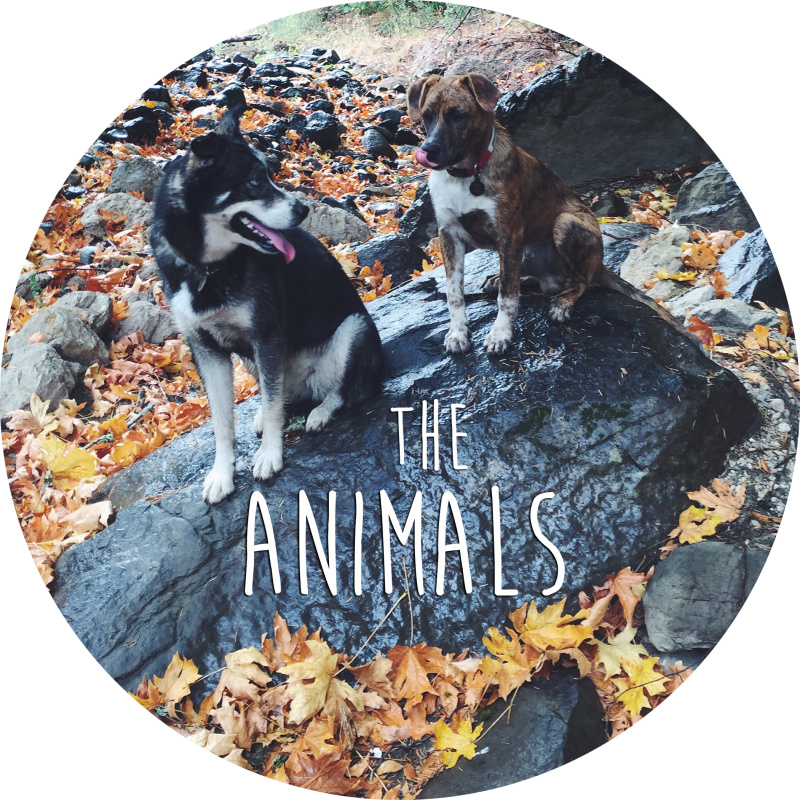What is Reinforcement?
You've probably seen or heard the term "positive reinforcement" a lot. It sounds nice, because when we see "positive" we think "good," but what exactly does the term mean? The word positive in the phrase "positive reinforcement" actually has nothing to do with good or bad, rather it refers to positive in the scientific sense — adding something. Positive reinforcement means you are adding something to a situation which will reinforce a certain behavior, and therefore increase its likelihood of repeating.It can be a little confusing, but here's one way of thinking about it: if you wear your hair a certain way, and receive compliments from your friends, you will probably be more likely to wear your hair that way again. The compliments you receive feel good, so they reinforce the behavior of wearing that hairstyle. But reinforcement is subjective, and that's where things can get tricky! If you wear that same hairstyle and receive a compliment from someone you dislike, who's attention you would prefer to avoid, or who you think has bad style, the compliment would probably have the opposite effect, and would probably reduce the likelihood of you wearing your hair that way again.
The same holds true for animals — reinforcement is subjective. And when it comes to training, we have to understand and accept that the learner (the animal) gets to choose what is reinforcing to them. There's no one size fits all, and what a certain learner finds reinforcing may even change depending on the circumstances! My dog Koa is a prime example of this. Some days, freeze dried lamb lung is super reinforcing! She is excited to work for it, she enjoys it. Other days, she's simply not in the mood for that treat. She'll look at me in disdain for offering her this item after she's done what I've asked. She varies widely in what she will work for, and as a trainer I have to be aware of this, take note of her mood and preference in the moment, and have other options available. Toys, for example, can be very reinforcing for her! But only if she's in a playful mood. (Muchacho, on the other hand, will basically work for any food item at any time.)
We make a mistake if we think we can force something to be reinforcing, or think that a dog should work for something. Some pet owners think praise should be enough, and maybe it is for an occasional dog, but I definitely do not have that dog. My boyfriend has noticed that he is in the unconscious habit of trying to pet Koa as reinforcement if he doesn't have treats on him, but her body language makes it very clear that being touched while we're out and about is irritating at best. In his mind, petting and affection let her know that she's done something good and he's proud, but now that he's become aware that she does not find this reinforcing, he's had to change his approach. When we are training our animals, we should strive to be work with them and part of that is being observant and letting them tell us what works and being flexible when our learners let us know, "This isn't working for me!"
The other thing to keep in mind is that the situation and level of distraction also have a big impact on the value of a reinforcement. While working in a quiet room, a basic store-bought training treat may have a great deal of value, but working outdoors, with competing sights, sounds, and smells, may require something a little more exciting! If your dog will not take even a super, super high value treat (like meatball, hot dog, chicken, etc) they may be over-stimulated or stressed. This is another important way our animals can communicate their needs with us, valuable information we can use to modify and improve our training plans.
When working with your dog, I encourage you to experiment with different kinds of reinforcement and see what responses you get! You may be surprised, and you may find exciting new ways to engage your dog. What does your dog find reinforcing? I'd love to hear your ideas!








